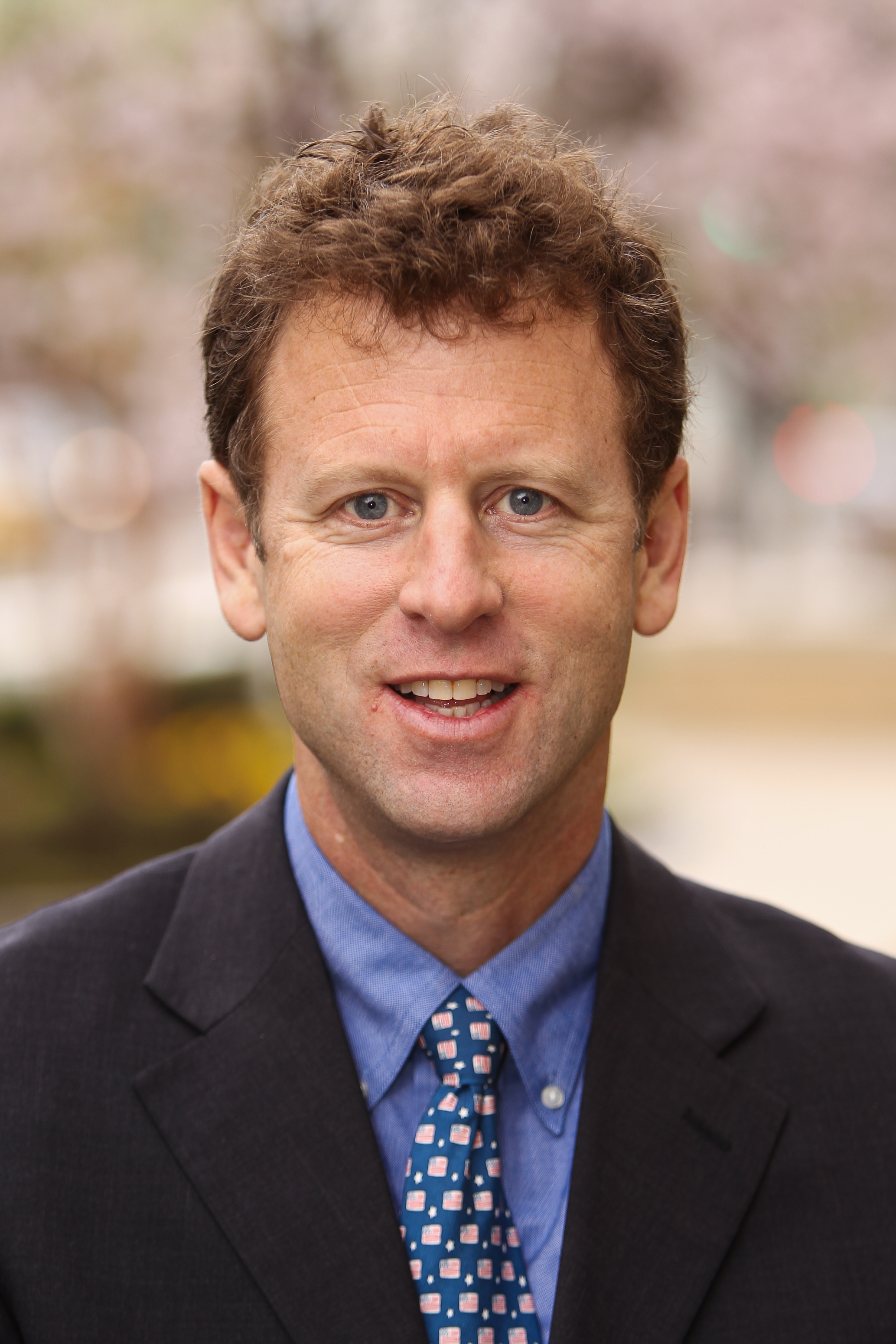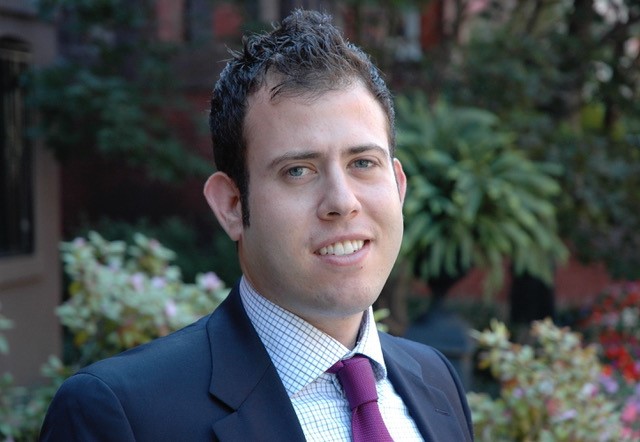远兄的剖析、表态 is mighty ubiquitous and omnipresent both at home and abroad, isnt' it? 你狂、你横、你占理、你正义,好啊,走你!我让你先拱卒、当头炮! Operation Bloody Nose : 
Editor's Note: A preventive U.S. attack in Korea, especially if it were undertaken unilaterally by Washington and even more so if it led to general war, would change everything, write Michael O'Hanlon and James Kirchick. The entire logic of U.S. extended deterrence and alliance solidarity will be put into serious doubt. This post originally appeared in The Hill. Is President Trump really considering a preventive military action of some kind after the Olympic season is over in Korea?  Michael E. O’HanlonDirector of Research - Foreign PolicyCo-Director, Security and StrategySenior Fellow - Foreign Policy, Center for 21st Century Security and IntelligenceThe Sydney Stein, Jr. ChairMichaelEOHanlon Michael E. O’HanlonDirector of Research - Foreign PolicyCo-Director, Security and StrategySenior Fellow - Foreign Policy, Center for 21st Century Security and IntelligenceThe Sydney Stein, Jr. ChairMichaelEOHanlon James KirchickVisiting Fellow - Foreign Policy, Center on the United States and Europe, Project on International Order and Strategyjkirchick James KirchickVisiting Fellow - Foreign Policy, Center on the United States and Europe, Project on International Order and StrategyjkirchickNational Security Advisor H.R. McMaster has just denied that possibility, telling a bipartisan group of senators last week that the administration has no plans to carry out a so-called “bloody nose” attack against North Korea to constrain its nuclear weapons or long-range missile programs. But the idea has been circulating too long to be put to rest quite that easily, and President Trump has just kept it alive at the CPAC conference on Friday in Washington by stating that if sanctions against North Korea fail, we may have to consider “Phase 2.” Some of the options Trump might consider—shooting down future North Korean missile launches, destroying uranium enrichment centrifuges, enforcing U.N. sanctions with forcible naval action near North Korean coasts—have at least a superficial allure. Parts of the administration also may think a “bloody nose” attack would leave Pyongyang with few good retaliatory options, making it likely that Kim Jong-un would simply accept his punishment and then behave with more restraint going forward. This possible strategy is dubious on many grounds. But as others have observed, the central reason is this: Militarily, even if it could slow North Korea’s ability to threaten North America with long-range, nuclear-tipped missiles, it could not eliminate Kim’s existing arsenal of perhaps dozens of nuclear bombs plus a suite of shorter-range missiles that could probably carry them to points throughout the region. If Kim did decide to retaliate, an action-reaction spiral could ensue. If Kim did decide to retaliate, an action-reaction spiral could ensue that might lead to nuclear attacks against South Korea or Japan, whether or not that was Kim’s initial intent. Wars, once started, tend to escalate. The imperfect missile defenses in place in Korea and Japan might not be enough to intercept all that was incoming. Nuclear detonations over cities could well occur. https://www.brookings.edu/blog/order-from-chaos/2018/02/26/a-bloody-nose-attack-in-korea-would-have-lasting-consequences/ 
特朗普总统 真的考虑过在韩国奥运季节结束后采取某种预防性军事行动吗?  迈克尔·奥汉隆研究总监- 外交政策安全与策略联席主管高级研究员- 外交政策,中心21世纪安全和情报小悉尼·斯坦因(Sydney Stein,Jr.)迈克尔·埃汉隆 迈克尔·奥汉隆研究总监- 外交政策安全与策略联席主管高级研究员- 外交政策,中心21世纪安全和情报小悉尼·斯坦因(Sydney Stein,Jr.)迈克尔·埃汉隆 詹姆斯·基尔奇克客座研究员- 外交政策,美国和欧洲中心,国际秩序与战略项目吉基奇克 詹姆斯·基尔奇克客座研究员- 外交政策,美国和欧洲中心,国际秩序与战略项目吉基奇克国家安全顾问HR麦克马斯特(HR McMaster)刚刚否认了这种可能性,上周对两党参议员说,政府没有计划对朝鲜进行所谓的“血腥鼻子”袭击,以限制其核武器或远程导弹程式。 但是这个想法已经流传了太久,以至于很难轻易解决。特朗普总统刚刚在星期五在华盛顿举行的CPAC会议上保持了这一想法,他说如果对朝鲜的制裁失败,我们可能必须考虑“ 2.” 特朗普可能会考虑的一些选择,至少是表面上的诱惑,至少是表面上的吸引力。朝鲜发射未来的朝鲜导弹,摧毁铀浓缩离心机,并通过在北朝鲜海岸附近采取强制性的海军行动对联合国实施制裁。 某些政府部门可能还认为,“流鼻涕”袭击会使平壤缺乏良好的报复手段,这使得金正恩很可能会简单地接受他的惩罚,然后表现出更大的克制。 这种可能的策略在许多方面都令人怀疑。但是,正如其他人所观察到的,核心原因是:从军事上讲,即使它可以减缓朝鲜使用远程核尖头导弹对北美的威胁的能力,也无法消除金正日现有的可能数十枚核弹和一套短程导弹,可能会将它们运送到整个地区。 如果金确定要采取报复行动,那么可能会发生行动-反应螺旋。 如果金正日决定采取报复行动,那么随之而来的反动螺旋可能会导致对韩国或日本的核袭击,无论这是否是金正日的初衷。战争一旦开始,就趋于升级。在韩国和日本,不完善的导弹防御体系可能不足以拦截所有传入的导弹。城市上空的核爆炸很可能发生。 这是尚未讨论的另一个重要点:如果发生这种情况,特朗普本来会以根本上抵制美国数十年外交政策的方式将美国置于首位。 为了甚至防止对美国祖国的假想威胁(我们可能有其他手段来防御),他将大大增加在两个条约盟国领土上发生灾难的风险。实际上,他很可能已经将汉城或札幌换成了西雅图。 通过采取焚化数以百万计的朝鲜人和日本人(以及生活在这两个国家的数十万美国人-包括7万军事人员)的行动,他本来可以减少对数百万美国人的危险。 |
